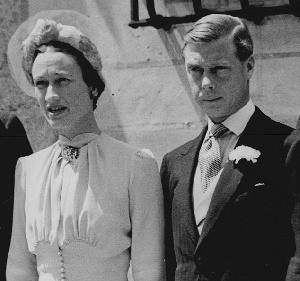By Akosah Sarpong
Until the controversial word “LOVE” is streamlined to include the remarkable contributions of all those who have given their versions of definitions of the word, many do not intend to either recognize or accept the entirety of its existence.
And not even 1 Corinthians 13:4-8 which encompass everything, in my opinion, with regards to the definition of love will cure the minds of these people from their nemesis.
To them, the recent definition in practice associated with love which is “the magical feeling that occurs when you meet your MR. or MRS right”, is what they can only make do with for now. And this definition stems from the fact that everyone who walked and/or walks the face of this earth had and/or has specific qualities they consider before they chose or will choose a partner. These qualities are termed checklists.
According to this school of thought, ones you find someone who meets your checklist, it is believed you have found love. And in an event of a breakup, you will still find another suitable person with akin qualities to love, not the least of the facts to support this love definition that, if you are unable to find someone who reflects your checklist, learn to love someone who consider you suitable to his/her qualities (or love you) as the counselors always admonish.
So quiet arguable, but understandable.
And I am not writing this piece to compound the controversies already churned out by more erudite people in this love subject but just to find out whether love can be channeled wrongly, or love is all about what you and your partner believes. And I would like to use the love story of King Edward VIII as a case study. For the benefit of those who haven’t heard about King Edward VIII, below is a brief history of an action by King Edward VIII that has changed the architecture of the royal lineage of the Great Britain.
Edward, Prince of Wales, succeeded to the throne on January 20, 1936 on the death of his father, George V. For about 2 years he had been having an affair with the American socialite, Wallis Simpson, and during 1936, both decided to marry. Ms. Simpson was once divorced and her second divorce was going through the courts. But it was unthinkable for the governor of the Church of England to marry a divorcee, although not illegal.
So the government informed the king to choose between the throne and Ms. Simpson, and he opted for the latter, saying “I tell you that I have found it impossible to carry the heavy burden of responsibilities and to discharge my duties as king as I would wish to do without the help and support of the woman I love. The decision I have made has been mine and mine alone”.
To the foregoing effect, the royal lineage changed hands from him to his brother and descendants. And as he pointed out, the decision was his, alone, not that of his descendants who would later succeed and/or assume the enviable throne of the Great Britain. so as clearly stated, that was a personal decision indeed. And I am not in any way going to criticize a decision by a royal who has lived and passed on to distinguish himself among the love greats, for any reason, albeit, if I face similar situation today, I will not do same.
My issue, however, is how far can one go with what they consider as love? Will your Wallis Simpson do same if faced with the same issue? Or what will your partner do if faced with the same issue you are confronted with? And is it only what we consider as love that matters?
With the little knowledge I have acquired from some marriage counselors, love is just an ingredient to marriage. Marriage comprises of many other ingredients. Your decision to marry should not be influenced by love alone. Character and attitude are arguably more important ingredients in marriage than love. And marriage is not just about you and your spouse but the mergence of two families.
In sum, it is my wish above all things that we pay close attention to what is captured in john 15:13, which says “Greater love hath no man that a man will lay down his life for his friends”, friends referring to every living soul since Christ died for all, which means you can’t express great love if you only channel it to your spouse, children, family and cronies without considering the homeless and needy fellow human beings around just as Jesus did.
Opinions of Wednesday, 19 October 2016
Columnist: Akosah Sarpong



















